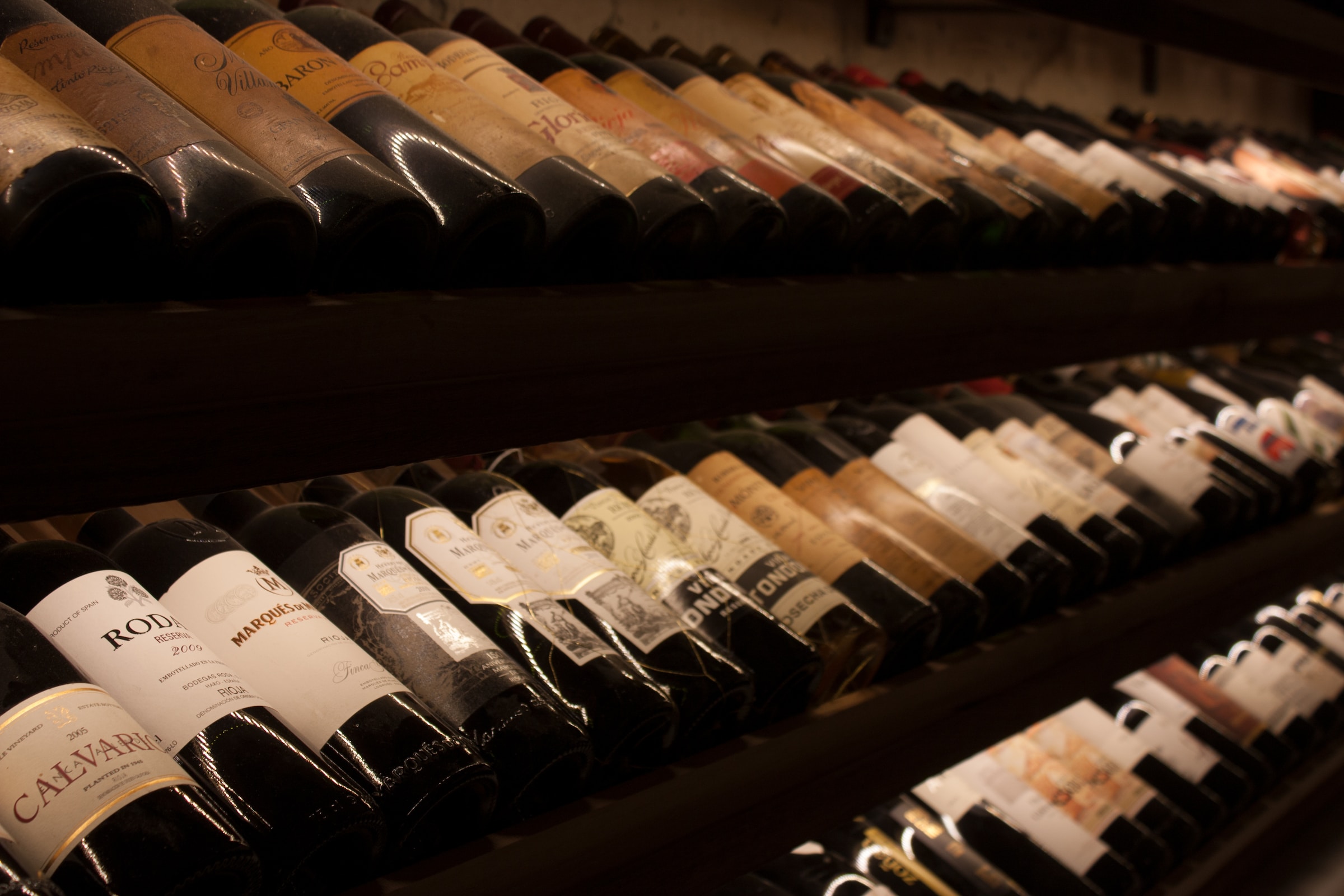Many people would contend that there’s no such thing as too much wine. However, recent global data suggests that we’re experiencing a global wine glut, with more supply than demand. In fact, the surplus is so great that some growers are ripping up their vines and using their land in other ways.
The glut began to appear last year, but its sources all go back to around 2020.
Why is there a wine surplus?

The wine surplus is something of a perfect storm. First, Gen Z is drinking less wine than previous generations. Second, bumper crops in many major wine-growing regions have resulted in high yields and, in turn, more wine than usual. Couple those things with the fact that people, in general, are being a little more cautious when shelling out for products, and you have a recipe for poor wine sales.
There’s more. We’re still recovering from the pandemic, which has put us in shelter and has prevented us from frequenting the many retailers that serve wine. Moreover, we’re just getting into wines that were made during that time, which were harder to produce for a variety of reasons. Oh, and there’s climate change, which is also harming the industry and making it more difficult and expensive to make wine.
But it’s not all bad news for the industry and those who like a good glass of fruity Gamay Noir.
What does that mean?

For some producing nations and regions, the news is pretty dire. It’s been reported that in places like France, the industry is getting rid of millions of dollars worth of the stuff or turning it into sibling items like cleaning supplies. In Australia, growers are tearing out vines for other crops or to sell the land altogether. Sellers looked optimistically towards nations like China and Russia years ago, but thanks to politics and slowing markets, they’re no longer as viable as once imagined. Americans are dealing with a similar scenario, as consumers have more options than ever — spirits, beer, cider, RTD drinks, etc. — and younger people tend to be drinking less.
This is not the first time the wine industry has struggled, and it won’t be the last. As usual, the smaller producers are hit the hardest, so if you like wine, try to support your favorite small label. They will struggle the most dealing with the rising cost of labor, growing in a warmer climate, and dealing with a supply chain still rife with hiccups.
Will there be deals?

There are certainly deals to be had amid this wine glut. A lot of distributors and producers are looking to move products that have been sitting around in storage for a while. Consumers should expect to see good deals on bulk wines and older vintage wines at various retailers. And the variety should be good, as more nations and regions are producing than ever and they’re all trying to stay competitive.
Now, shop thoughtfully. The giants of the industry are able to price their work so low it’s practically free. Yet, those wines are often boring at best and barely show any sort of varietal or vintage variability. Chat up your wine steward, continue buying from your favorite local small winery, and look for deals from medium-sized producers from all over the wine map.
Want more wine content? Check out our features on the best wine for date night and how to cook with Rosé wine. Also, don’t miss the ten best Rosé wines, just in time for spring.



